
Chronic Kidney Disease
Latest News

Latest Videos

CME Content
More News

Rajiv Agarwal, MD, MS, reflects on pooled data from the EMPEROR-Reduced and EMPEROR-Preserved trials.

An overview of and results from the EMPEROR-Preserved trial, which tested the effects of empagliflozin in patients with HFpEF.

Considerations for the benefit shown in combining finerenone with SGLT2 inhibitors in patients with type 2 diabetes and CKD.

Rajiv Agarwal, MD, MS, considers the practical implications of the FIDELITY pooled analysis and how it may impact clinical practice.

A review of results from the FIDELITY pooled analysis analyzing finerenone’s impact on cardiorenal morbidity and mortality in patients with type 2 diabetes and CKD.

An overview of the FIDELITY analysis, which pooled data from the FIGARO-DKD and FIDELIO-DKD trials in patients with type 2 diabetes and CKD.
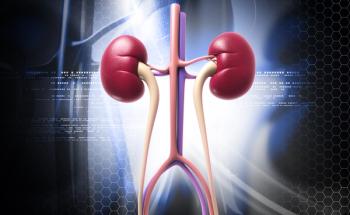
Long-awaited reports released Thursday call for eliminating race in estimated glomerular filtration rate equations and point to alternatives in an effort to eliminate disparities in chronic kidney disease.

Rajiv Agarwal, MD, MS, shares expert insight on the results of FIGARO-DKD with respect to the trial’s primary and secondary end points.

An overview of the FIGARO-DKD trial, which evaluated cardiovascular and renal outcomes in patients with type 2 diabetes and CKD treated with finerenone.

This new analysis aimed to pinpoint more rigorous predictors of mortality, and it was able to identify “excellent” but not “outstanding” ones, according to the investigators.
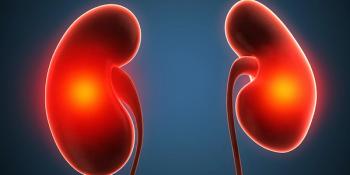
Research shows higher levels of interleukin 6 in patients with chronic coronary syndrome were associated with an increased risk of cardiovascular events in patients with chronic kidney disease.

Among patients who suffer an in-hospital cardiac arrest, acute kidney injury (AKI) raised the risk of all-cause in-hospital mortality from about 30% to more than 60%.
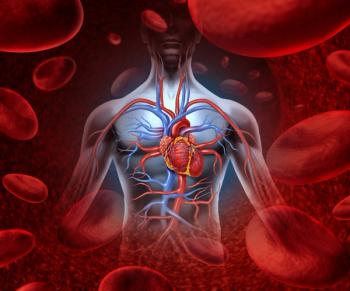
A study suggests that for patients with chronic kidney disease (CKD), the more components of metabolic syndrome present, the higher that patient’s risk of adverse cardiovascular outcomes.

This new study from South Korea investigated if patients with cancer could be at potential greater risk of kidney failure and found connections with several cancer types.
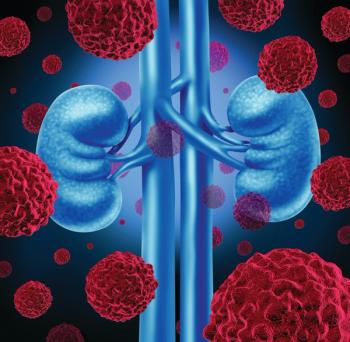
Patients with nephrotic syndrome were far more likely than healthy controls to suffer end-stage kidney disease, particularly if they had focal segmental glomerulosclerosis or membranous nephropathy.

Major polypharmacy use was found to increase risk of mortality between 22% and 135% for American adults with chronic kidney disease (CKD) in this subanalysis of data from the REGARDS study.
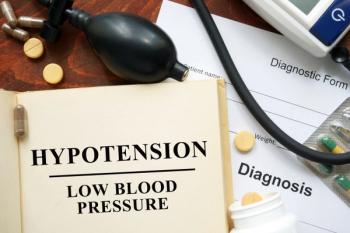
This recent study compared orthostatic hypotension outcomes among 2 patient populations, both with chronic kidney disease (CKD), who were or were not living with diabetic nephropathy (DNP).

New research indicates an association between longer chronic kidney disease duration and taste dysfunction.

About 4 in 10 patients with chronic kidney disease will have “early rapid decline,” a trajectory more likely if the patient also has diabetes.

Inconsistent application and measure of the Kidney Disease Improving Global Outcomes definition of acute kidney injury (AKI) prompted this review, which used a measure of 75% agreement when defining consensus.
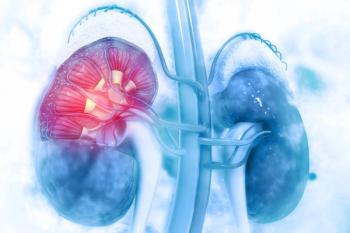
This new study from Japan investigated possible relationships between tubular injury, COVID-19 severity, and inflammatory markers with development of acute kidney injury.
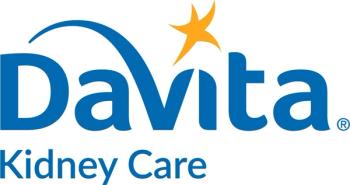
The dialysis company faces a $100M fine for each of 2 antitrust counts.

Positive drug trial results suggest promising outcomes for adult patients with chronic kidney disease (CKD) associated with type 2 diabetes (T2D).

Exome sequencing of patients with kidney disease and their families identified 17 different monogenetic causes of kidney disease.

A new study says that treating iron deficiency therapy may improve outcomes in patients with chronic kidney disease, even if they don’t have anemia.











